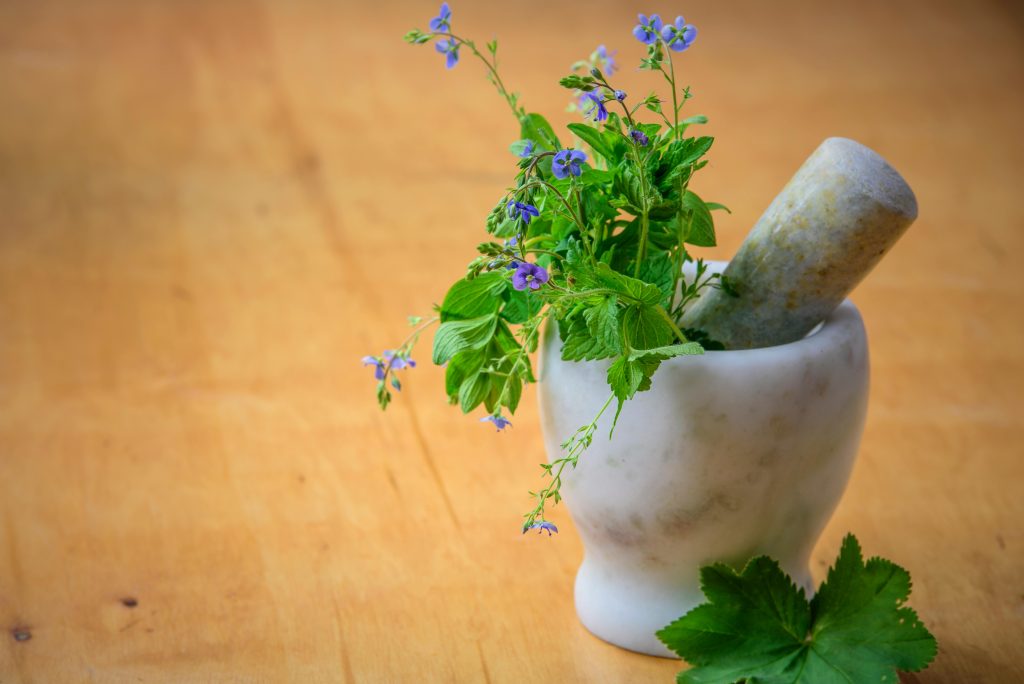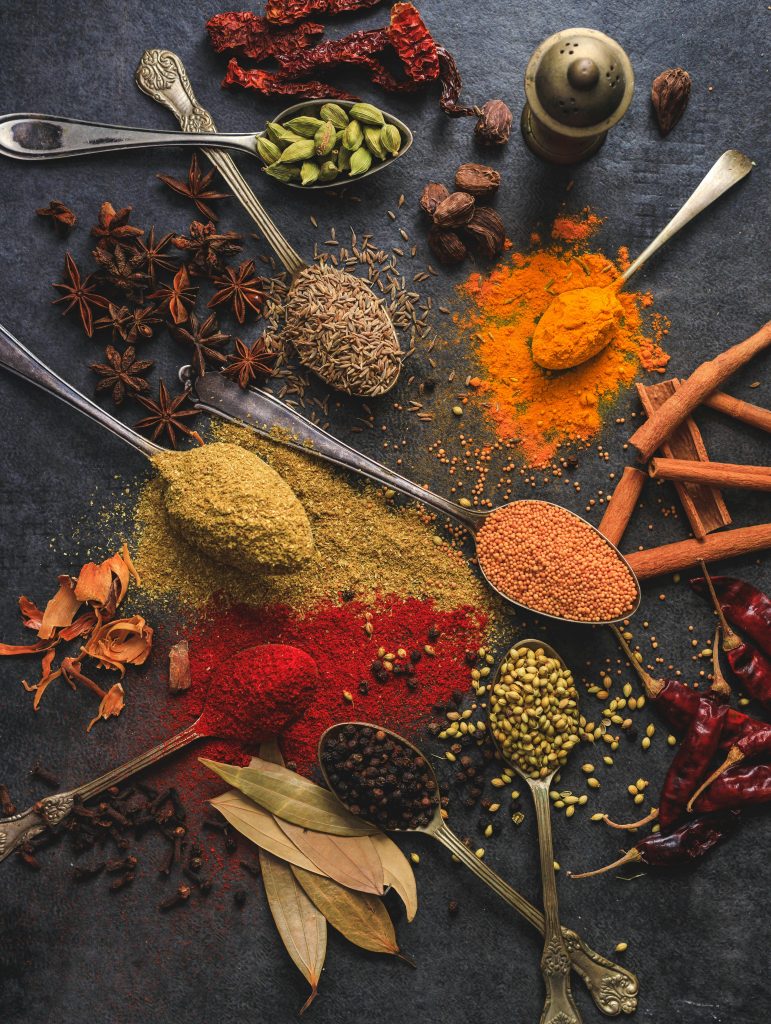Medical herbalism is the practice of using herbs to support health and treat various conditions. It’s one of the oldest forms of medicine, rooted in the knowledge that many plants have powerful healing properties. Rather than using synthetic drugs or chemicals, medical herbalism works with nature’s medicine to help the body heal, restore balance, and maintain wellness.

Herbalists use a wide range of plants, from common herbs like chamomile and peppermint to more specialised plants like echinacea or valerian root. These herbs can be used in different forms, such as teas, tinctures (liquid extracts), capsules, powders, or topical ointments, depending on what’s most appropriate for the condition being treated.
How does Medical Herbalism work?
Herbs contain natural compounds that can have various effects on the body. Some herbs might help reduce inflammation, ease pain, boost the immune system, calm the nerves, or promote digestion. Medical herbalism takes a holistic approach by considering your overall health—physical, emotional, and mental—and using herbs that address the root causes of imbalances, not just the symptoms.
For example, if you’re dealing with stress or anxiety, a herbalist might recommend herbs like ashwagandha or passionflower to help calm the nervous system. If you have digestive issues, herbs like ginger or peppermint might be used to soothe and support your gut.
Why choose Medical Herbalism?
Many people turn to medical herbalism because it offers a natural, gentle alternative to conventional medicine. Herbal remedies tend to have fewer side effects and can work well alongside other treatments. Herbalists often combine different herbs in a personalised formula tailored to your specific needs, providing a more balanced, individualised approach to healing.

Medical herbalism is an effective way to enhance your health, whether you’re seeking treatment for a specific condition or simply want to maintain your wellbeing naturally.
Therapeutic Dosage of Herbs
Therapeutic dosage refers to the amount of a herb that is needed to produce a beneficial effect on your health. Just like with any medicine or treatment, taking the right amount is key to making sure it’s effective without causing harm. When it comes to herbs, the “right amount” can vary depending on the herb, your health condition, and other factors like your age, weight, or overall health.
Herbs contain active compounds that can help with specific health issues, but these compounds only work properly when taken in the right dose. Too little of a herb might not give you the benefits you’re hoping for, while too much could cause side effects or make things worse. A medical herbalist is trained to determine this right balance for you to achieve optimal results. That’s why it’s important to follow the recommendations of a trained herbalist or naturopath, who knows the right doses for specific conditions.
